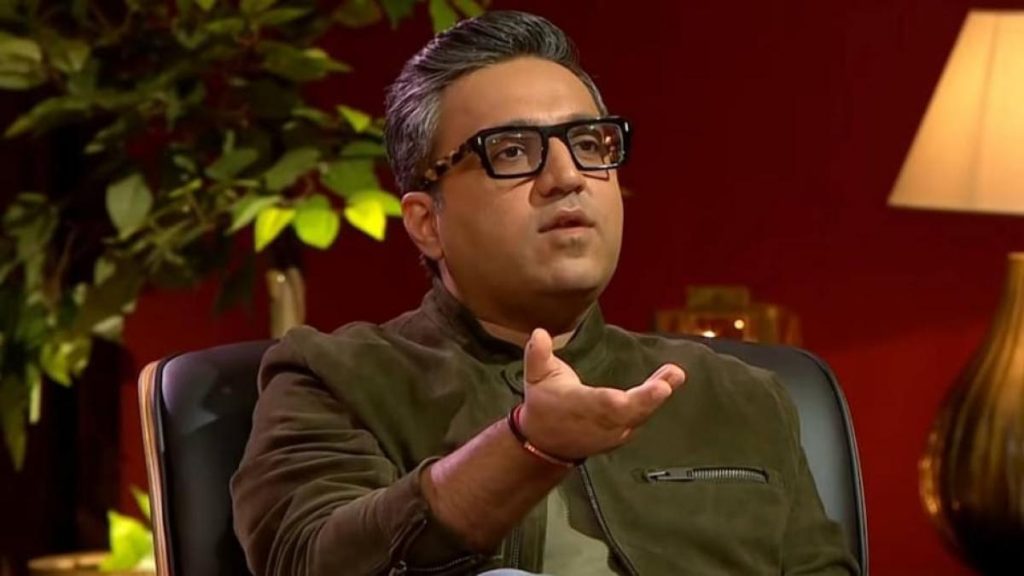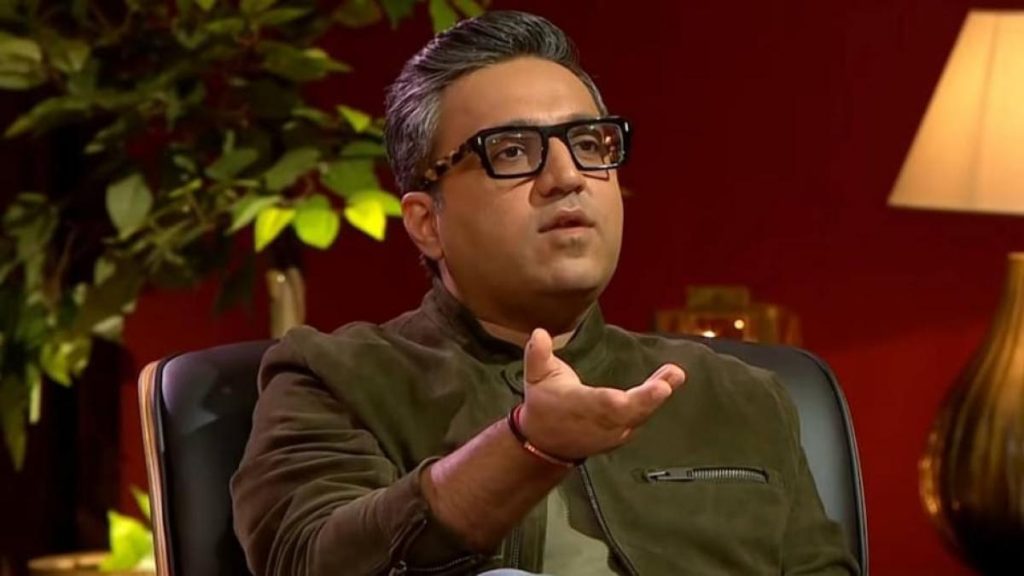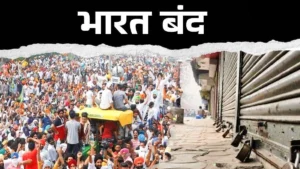Ashneer Grover Criticizes 28% GST on Online Gaming, Predicts Potential Tech Exodus from India
Ashneer Grover, the founder of BhartPe, has launched a scathing attack on the Goods and Services Tax (GST) Council’s decision to impose a 28% tax on online gaming, expressing concerns about the suddenness of the judgment and India’s regulatory risks. Grover, known for his appearance on Shark Tank India, went on to predict a potential exodus of tech companies to more favorable destinations such as Dubai or Singapore. He also questioned the inconsistency surrounding endorsements by prominent figures like Virat Kohli, MS Dhoni, and Sourav Ganguly, and wondered why there had been no public outrage from the Indian government or the Board of Control for Cricket in India (BCCI) regarding these endorsements.


Ashneer Grover, the founder of BhartPe, has launched a scathing attack on the Goods and Services Tax (GST) Council’s decision to impose a 28% tax on online gaming, expressing concerns about the suddenness of the judgment and India’s regulatory risks. Grover, known for his appearance on Shark Tank India, went on to predict a potential exodus of tech companies to more favorable destinations such as Dubai or Singapore. He also questioned the inconsistency surrounding endorsements by prominent figures like Virat Kohli, MS Dhoni, and Sourav Ganguly, and wondered why there had been no public outrage from the Indian government or the Board of Control for Cricket in India (BCCI) regarding these endorsements.
Grover’s comments were made in response to a Twitter user highlighting policy inconsistencies, echoing the sentiment and suggesting that the treatment of tech founders as dispensable is a harsh reality. He further emphasized that investing efforts or raising external capital in India’s uncertain regulatory environment for operators is impractical, stating that future tech companies will likely be based in Dubai or Singapore due to the unfavorable Indian regulatory risks.
The GST Council’s recent recommendation to impose a 28% GST on online gaming, horse racing, and casinos has sparked concern within the industry. Union Finance Minister Nirmala Sitharaman announced the decision following the council’s 50th meeting in New Delhi. Additionally, the council proposed amendments to include online gaming and horse racing as taxable actionable claims under Schedule III of the CGST Act, regardless of whether the games are considered skill-based or chance-based.
Industry experts have expressed their apprehension regarding the 28% GST levy, emphasizing the potential consequences and questioning its viability. Siddharth Sharma, SVP-Business Strategy at Head Digital Works (A23), stated that this tax burden will hinder the growth of the industry and impede new innovations and opportunities. Kartik Solanki, Partner-Indirect Tax at BDO India, added that the new taxation recommendation will significantly increase tax incidence for the online gaming industry, creating uncertainty around liability for past periods.
Finance Minister Sitharaman, addressing concerns about e-gaming’s impact on children, assured that the council does not intend to demotivate the industry. She noted that there were discussions on whether such industries should be taxed at the same rate as essential items but ultimately decided against lowering the tax rate to prevent sending the wrong message. Sitharaman emphasized that the focus is on taxing the value generated by these activities, irrespective of whether they are skill-based, chance-based, or both.
The online gaming industry now awaits further clarification from the Ministry of Electronics and Information Technology (MeitY), which is expected to provide an inclusion or exclusion list of games. The finance minister affirmed that taxation rules would align with MeitY’s guidelines.
As the debate surrounding online gaming taxation continues, industry stakeholders are urging for a balanced approach that supports growth and innovation while addressing concerns regarding underage access and responsible gaming practices. The outcome of ongoing discussions and potential policy adjustments will play a crucial role in shaping the future landscape of online gaming in India.
Sources By Agencies








Hey! Do you know if they make any plugins to assist with SEO?
I’m trying to get my site to rank for some targeted keywords
but I’m not seeing very good results. If you know of any please share.
Thank you! I saw similar blog here: Eco blankets